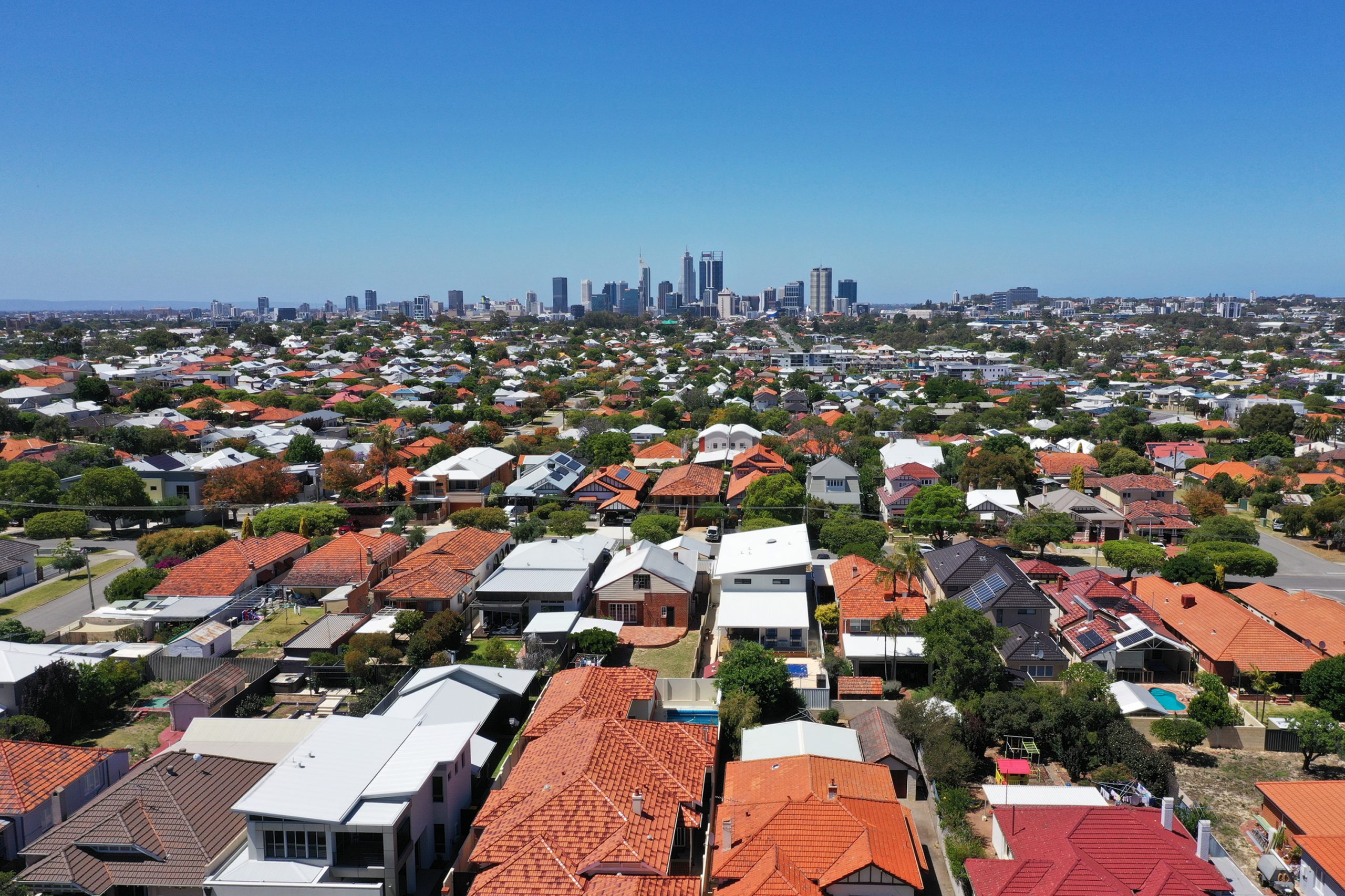Your Gen Z Co-Worker Is Hustling More Than You Think
Ambitious 20-somethings are trying to knock down the stereotype that they aren’t into hard work
Being young and ambitious right now often means proving that you can be both of those things at the same time.
That applies even to 25-year-old Charu Thomas, who earned an engineering degree in 3½ years after completing high school in three years. She founded supply-chain software firm Ox at age 18, raised $3.5 million in funding and, in 2020, made it onto Forbes’s 30 Under 30 list.
Yet in a breakfast with investors in the fall, she said they wanted to discuss “quiet quitting” and the motivation of younger entrepreneurs.
“They had this impression that Gen Z and younger founders were non responsive, were less legitimate, or lazier,” said Ms. Thomas on a recent morning from her Bentonville, Ark., office. She had just spent much of the night in the office to oversee a Fortune 500 client’s software deployment, she said, then attended a 9 a.m. staff meeting still in the T-shirt she’d worn the day before.
Such is life for many ambitious 20-somethings. Barely in the workforce, they are pushing long hours, building businesses, striving for promotions—even for their more-senior co-workers’ jobs. At the same time they are running into perceptions that their age cohort cares more about work-life boundaries and rejecting “hustle” culture than scaling the career ladder.
Like Ms. Thomas, many say they are intent on knocking down the stereotype. “I don’t want to be a representative of that kind of culture,” she says.
Gen Z, typically defined as being born between 1997 and 2012, isn’t the first generation to be typecast as it enters the workforce. Not long ago employers were hand-wringing over what they viewed as entitled millennials who, some bosses joked, wanted trophies just for showing up.
A growing body of survey research echoes the idea that workers in their early to mid-20s want control over how much they work. In a survey of nearly 5,000 adults by Prudential Financial last year, 43% of Gen Z workers said they went above and beyond in their jobs. More than half of millennials said they did, as did 62% of members of Gen X and 69% of baby boomers. A 2022 Gallup survey of about 15,000 U.S. workers shows younger millennials and Gen Z respondents reported declining levels of job engagement and higher rates of stress than other workers.
To show colleagues she works hard, 22-year-old Brianna Chang says she chooses to put in as many as 60 hours a week as a supply-chain planner at Microsoft Corp.
Ms. Chang said her work ethic was forged as a teenager, when she waited tables in her parents’ Chinese restaurant in Bellingham, Wash. She’s driven in part by the goal of making money to one day support her parents and says she’s disheartened when she sees peers on social media saying they don’t work hard.
But, she adds, that makes it easier for her to stand out.
“A lot of people my age, they are just stuck,” she says.
Managers and recruiters say that remote work made it tough for some young workers to find mentors and learn professional norms in the office. As a result, many of these young workers struggle with resourcefulness, professional networking and communications with clients and co-workers, says Julia Lamm, a partner in PricewaterhouseCoopers’ Workforce Transformation practice. Some also had to navigate layoffs at the start of the pandemic and are now on their second or third job since.
Jorge Tapia, a 26-year-old software engineer in Indianapolis, said he lets his work speak for itself as he wakes up at 6 a.m. to get to work an hour later. He’s given priority to building relationships with colleagues since starting his position last year at a logistics technology and software provider. On his first week of work, he sat down with a man he didn’t know in the office cafeteria.
The man turned out to be the company’s North America chief executive, who told him how he approached his own career.
It was a valuable lesson, Mr. Tapia said: “If I could talk to my CEO, I could talk to my co-workers, my managers, openly.”
Mr. Tapia said he is working hard in hopes of getting a promotion, which would raise his salary and allow him to better help out his mother and three siblings, ages 23, 15 and 8.
Financial security is important to Gen Z workers, according to interviews with and surveys of about 100 Gen Z workers between November and January conducted by the Conference Board. About half of Gen Zers and millennials said in a 2022 Deloitte survey that they live paycheck to paycheck, and about 30% of each group say they don’t feel financially secure.
Last year, Brandi Jones was working as a dance teacher and at the front desk of a dentist’s office, making about $25,000 and living with family, she said. She quit both roles in July to find a job that would cover her health insurance and pay enough for her to move into her own apartment.
To get that job, Ms. Jones, now 26, got certified in Salesforce’s customer-relationship management software, so that she could work at a nonprofit that uses the tool. She studied sometimes 10 hours a day to pass the exam, she said. After passing, she applied for more than 20 jobs over six months.
Aware of common stereotypes about young professionals, she says she asked questions in job interviews about company culture to get a sense of employers’ generational diversity and how they defined a successful employee. She says she eventually found a job at a nonprofit that pays about $100,000 a year.
No longer working weekends, she marvelled at having more free time at first. Then she started studying cybersecurity tools because she is considering a master’s degree. She wants to advance further, she says.
 Copyright 2020, Dow Jones & Company, Inc. All Rights Reserved Worldwide. LEARN MORE
Copyright 2020, Dow Jones & Company, Inc. All Rights Reserved Worldwide. LEARN MORE
This stylish family home combines a classic palette and finishes with a flexible floorplan
Just 55 minutes from Sydney, make this your creative getaway located in the majestic Hawkesbury region.
Excluding the Covid-19 pandemic period, annual growth was the lowest since 1992
Australia’s commodity-rich economy recorded its weakest growth momentum since the early 1990s in the second quarter, as consumers and businesses continued to feel the impact of high interest rates, with little expectation of a reprieve from the Reserve Bank of Australia in the near term.
The economy grew 0.2% in the second quarter from the first, with annual growth running at 1.0%, the Australian Bureau of Statistics said Wednesday. The results were in line with market expectations.
It was the 11th consecutive quarter of growth, although the economy slowed sharply over the year to June 30, the ABS said.
Excluding the Covid-19 pandemic period, annual growth was the lowest since 1992, the year that included a gradual recovery from a recession in 1991.
The economy remained in a deep per capita recession, with gross domestic product per capita falling 0.4% from the previous quarter, a sixth consecutive quarterly fall, the ABS said.
A big area of weakness in the economy was household spending, which fell 0.2% from the first quarter, detracting 0.1 percentage point from GDP growth.
On a yearly basis, consumption growth came in at just 0.5% in the second quarter, well below the 1.1% figure the RBA had expected, and was broad-based.
The soft growth report comes as the RBA continues to warn that inflation remains stubbornly high, ruling out near-term interest-rate cuts.
RBA Gov. Michele Bullock said last month that near-term rate cuts aren’t being considered.
Money markets have priced in a cut at the end of this year, while most economists expect that the RBA will stand pat until early 2025.
Treasurer Jim Chalmers has warned this week that high interest rates are “smashing the economy.”
Still, with income tax cuts delivered at the start of July, there are some expectations that consumers will be in a better position to spend in the third quarter, reviving the economy to some degree.
“Output has now grown at 0.2% for three consecutive quarters now. That leaves little doubt that the economy is growing well below potential,” said Abhijit Surya, economist at Capital Economics.
“But if activity does continue to disappoint, the RBA could well cut interest rates sooner,” Surya added.
Government spending rose 1.4% over the quarter, due in part to strength in social-benefits programs for health services, the ABS said.
This stylish family home combines a classic palette and finishes with a flexible floorplan
Just 55 minutes from Sydney, make this your creative getaway located in the majestic Hawkesbury region.






















